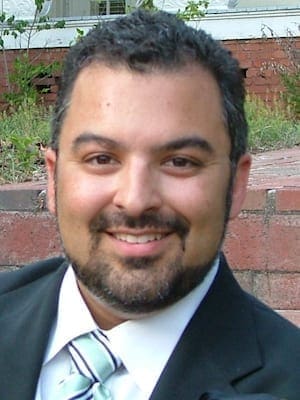Luanne poured another round of sweet tea as she told me about how caring for her mother affected her as a caregiver.
When she placed the pitcher on the coffee table and settled back into her seat, I saw shadows under her eyes. The exhaustion was mounting, and the burdens felt by so many caregivers became evident.
But even then she couldn’t help but express the pride, joy and fulfillment she gets from caring for her mother.
“A long weekend of visiting and caring for Mother does make me exhausted,” she said, “but it is rewarding to care for my mother like she once cared for me.”
The act of giving care is just one puzzle piece in God’s “call” for Luanne and so many other caregivers.
She took another sip of sweet tea and admitted, “Taking care of my mother is what I’m supposed to be doing in my life; this is where God has placed me.”
Throughout our conversation, Luanne reflected this deeply embedded conviction that her role as caregiver was an integral part of God’s divine purpose for her life.
The idea that caregiving can be part of a divine purpose is not unique to Luanne.
Over the many years I have worked with caregivers in my community, I have found that they all share a belief that God has a meaningful call upon their lives.
Another caregiver named Cybil confirmed this when she told me, “God knew I’d be the primary caregiver to my parents, and it is what God planned for me to do, so I do it.”
To have a sense of God’s call, or vocation, upon one’s life – be it a calling centered on an occupation, giftedness or particular task – is something that reaches far back into Christian history. Two influential streams of thought in Christianity relate to vocation.
The first stems from the biblical historical tradition in which God “calls” people to be saved and to join him to be on mission in the world.
The second comes from the Catholic and Protestant traditions related to ministry. It was Martin Luther who argued that God calls people to do certain tasks or to practice certain gifts.
Luther once stated that if God calls someone to be a dairy farmer, then that farmer is one way God nourishes the entire world.
No wonder many caregivers feel that they are called to care for others. They say it is because God has given them the strength and the “calling” to be there for a loved one during his or her greatest time of need.
There are, however, some negative consequences to this type of thinking. Some people feel that if they are “called” by God to care for another but are unable to do so, then they have failed God as a result. Guilt sets in and resentment builds.
Some caregivers have expressed to me that they feel they just can’t do enough. So, along with guilt, there is an overwhelming sense of failure and self-condemnation.
Other caregivers have care receivers who simply tell them that they are not doing enough, especially if a care receiver is suffering from dementia or Alzheimer’s and can’t remember what his or her caregiver did just minutes earlier.
In order to escape these ruts, it is important for caregivers to balance their belief in “divine calling” with a healthy dose of boundary setting.
God may have put a caregiver in a position to care for a loved one, but God does not expect that person to care for others at the expense of caring for herself.
Yes, there are times when a caregiver feels like he or she can “do more,” but he or she is certainly not expected to serve beyond reasonable means.
Furthermore, consider that even the little things make a difference. I am certain that Luther’s philosophy was right on, especially when it comes to caregivers.
If we follow a life of prayer, spiritual awareness and self-care, we can realize that when we provide care for others born out of a vocation to do so, it is as if we are caring for the entire world.
Joe LaGuardia is senior pastor of Trinity Baptist Church in Conyers, Ga. He blogs at Baptist Spirituality and A Tapestry of Love. He is the co-author of the book, “A Tapestry of Love: The Spirituality of Caregiving,” which is available here.
Joe LaGuardia is senior pastor of First Baptist Church in Vero Beach, Florida.

